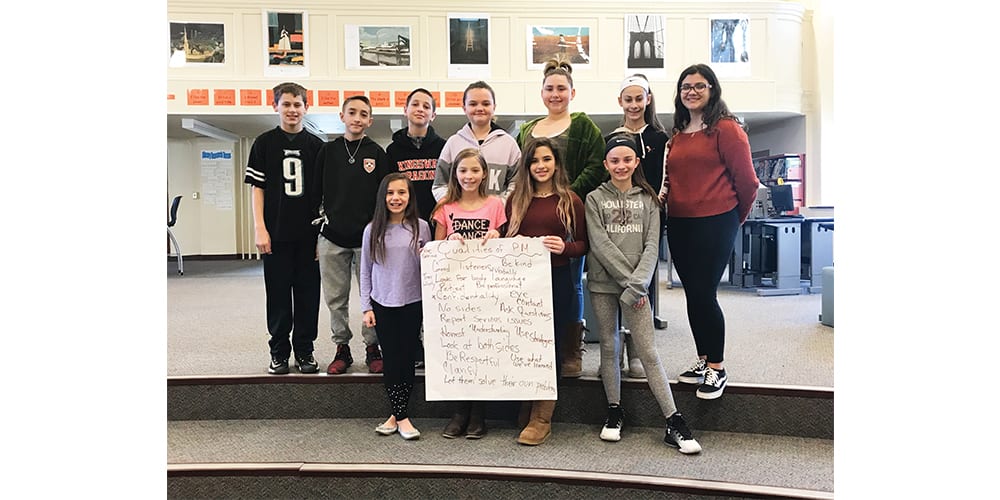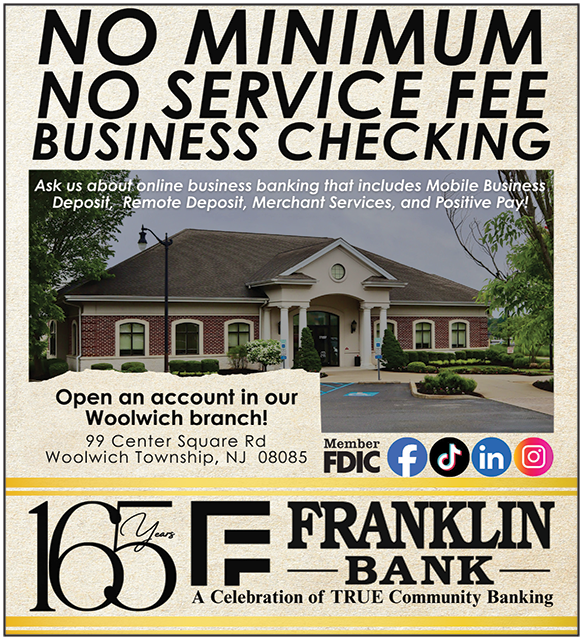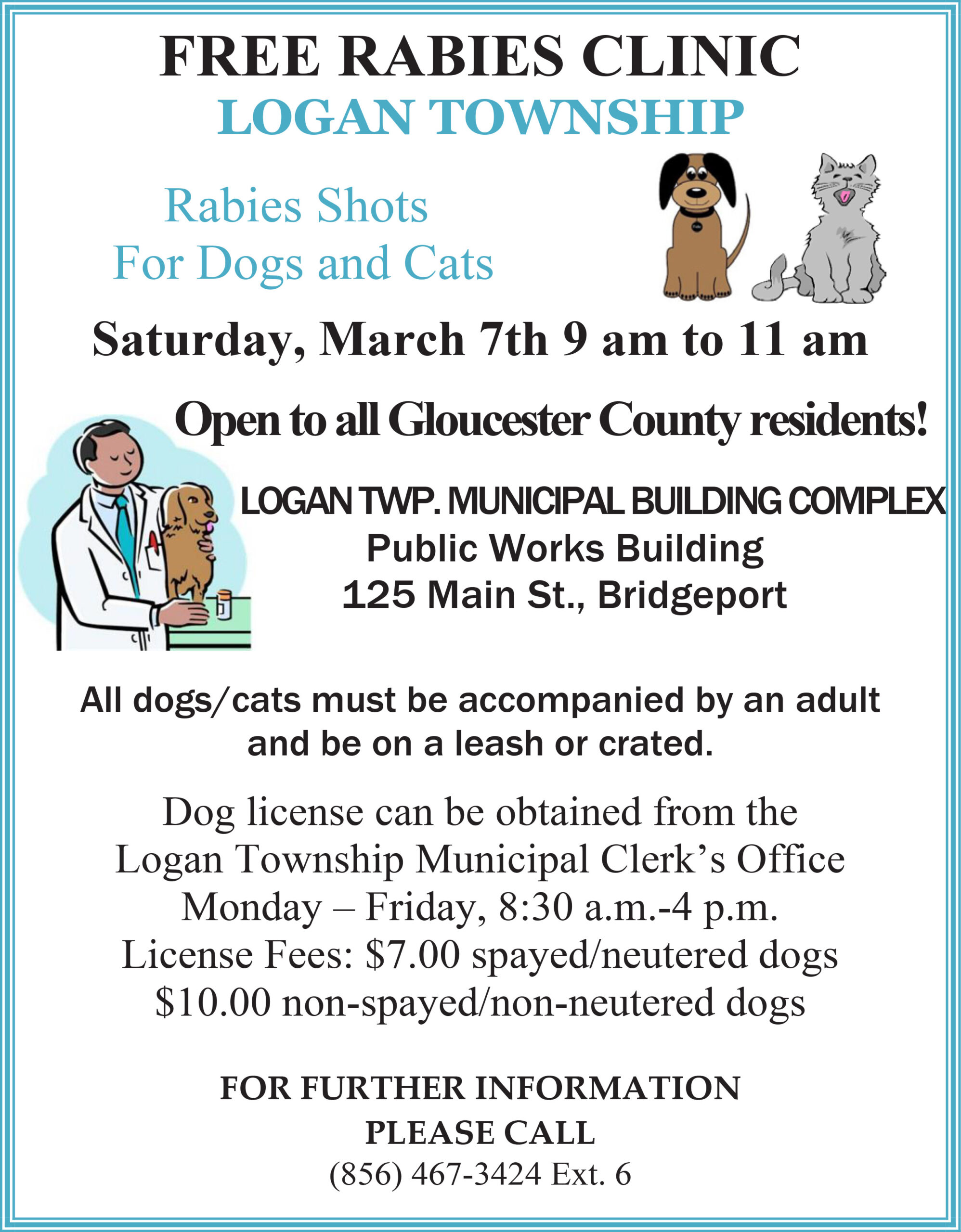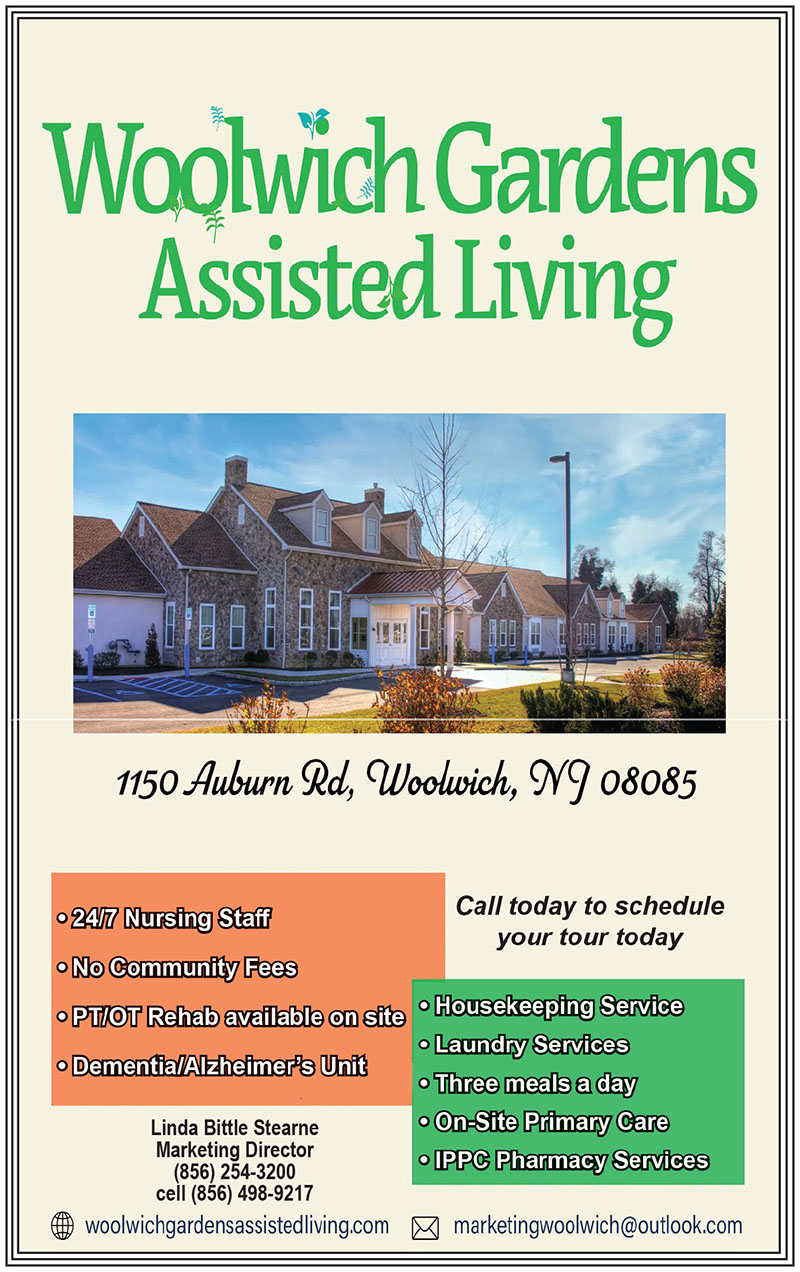SWEDESBORO — The role of schools and education today involves much more than just teaching academic content such as reading, math, and science. Education must include the academics\ but must also teach “soft skills”.
Soft skills are the skills necessary for people to get along with others efficiently and effectively in order to live a productive life as a citizen of a community. An example of this is teaching children to be aware of and understand that they are part of a community and that the needs of others must be considered.
By nature, young children have all of their needs taken care of by the adults in their lives. They are feed, sheltered and kept safe by these adults. Learning that there is more to a community than having their own needs met is an important step in the life of a child and is necessary for the child to mature into a productive member of the community.
In the Swedesboro-Woolwich School District, examples of teaching and learning of soft skills are evident in every classroom, every day. The SWSD Community Heroes Program is one of the programs that encourages students to help others in need.
The goal of SWSD Community Heroes is to raise awareness, instill leadership skills, kindness, generosity, and determination in our students. A different collection is promoted each month during the school year.
The collections vary; sometimes students collect money to donate to a charity, other times students collect items for donation. For example, so far this year students collected canned foods for the Holiday Food Drive, collected money for PJ’s for Children’s Hospital of Philadelphia, and donated handmade Valentine’s Cards for children in the hospital.
Mrs. Cheryl Serpiello is coordinator for the SWSD Community Heroes program. In addition, each of our four schools has a building coordinator that provides support and educational resources to the students.
According to Mrs. Serpiello, the Community Heroes Program began officially in 2017, however the origin of the program started with one class and an Alex’s Lemonade Stand in 2008. “When I started working in the district in 2008, I started Alex’s Lemonade Stand with my students. We would research childhood cancer, write letters to local businesses, students would write speeches and visit each classroom to talk about the importance of Alex’s Lemonade Stand and the impact this foundation has made on so many children suffering with this terrible disease. Finally, we would set up each classroom with a donation jar and hold our Stand on Fun Day where students, teachers, and parent volunteers could purchase a cup of lemonade.”
In 2017, Dr. Kristin O’Neil, Superintendent, encouraged Mrs. Serpiello to expand her program throughout the district and promote different causes each month. In order to effectively expand the program, a committee was formed with representatives from each of the district’s four buildings. This was the beginning of the SWSD Community Heroes.
As a committee, the SWSD Community Heroes choose charities and causes that have connections to our local community. Once the choices are made, the committee provides background information, teaching and learning connections, and guidelines for each month. In addition, there are also year long collections such as Soda Tabs Collection for Ronald McDonald House Charities.
All information is shared with the parents of our students and we ask parents to help the students in the collection process and to understand the “why” behind each of the collections. This makes it truly a community activity.
Our students respond with incredible enthusiasm and compassion as they learn about each of the causes we support. They offer their support willingly, and with great pride in helping others. As the program continues, there are more opportunities for learning and the students grow into good, contributing citizens to our community.
At Walter Hill School, “soft skill” being implemented is the Peer Mediation Program for sixth-grade students. Peer Mediation is defined as problem solving by students; when conflicts arise between students, the students meet together with a trained student mediator to resolve the conflict. The students meet in a safe, private, and confidential setting to discuss solutions and strategies to resolve the conflict.
Mrs. Colleen Pastic (Guidance Counselor) and Mr. Mike Forlano (PE Teacher) serve as advisors for the Peer Mediation Program with support from Dr. Scott Hogan, Principal. When asked why they are implementing a Peer Mediation Program now, Dr. Hogan stated that “peer mediation programs help to resolve student conflicts in a nonviolent way and are an opportunity for student mediators to learn a skill that will transfer to life outside of school.”
The first step in the implementation of the program is planning. Mrs. Pastic, Mr. Forlano, and Dr. Hogan outlined the steps to be taken from involving all staff members, setting goals for the program, choosing peer mediators, and most importantly, training the peer mediators to prepare them for their participation in the program.
Mrs. Pastic and Mr. Forlano introduced the program to all sixth-grade students. They presented the purpose and objectives and explained the responsibilities of peer mediators. After the introduction students that expressed an interest in becoming peer mediators were asked to complete an application.
All applications were reviewed by the staff at Walter Hill School. Students were selected based on their responses to the questions on their applications and their academic records as well as their communication skills, ability to listen to others, and the empathy they exhibit in school.
All selected peer mediators completed a two-day training program led by Lori Tedesco-Singley of EduCare. The first day of training focused on learning about the peer mediation process and goals of mediation.
Activities included icebreakers, team building, and learning communication skills, with time for reflection. The second day of training provided opportunities to practice skills through role play and working through typical peer mediation sessions.
As conflicts between students arise, peer mediation can be utilized to reduce the tension and to help resolve the conflict. Participation in peer mediation is voluntary; no student will be required to attend a mediation. Peer mediation will be recommended when appropriate for the conflict encountered.
Students involved in the conflict can participate in the mediation if they choose. There is no penalty if a student does not want to participate, however, the goal is for students to resolve issues in a positive manner. While the student peer mediators will lead the mediation a faculty advisor will be present at all times. The purpose of the faculty advisor is to ensure that the mediation process is adhered to and to support the mediators as necessary, however they will not participate directly in the process.
Beginning a program such as peer mediation is always a challenge. Now that the foundation is established, the program will evolve as all involved learn through their experiences. Part of the process is to reflect upon what works and what can be revised in order to promote success. As the peer mediation program evolves, the hope is that it becomes part what makes Walter Hill School students successful throughout their lives.








